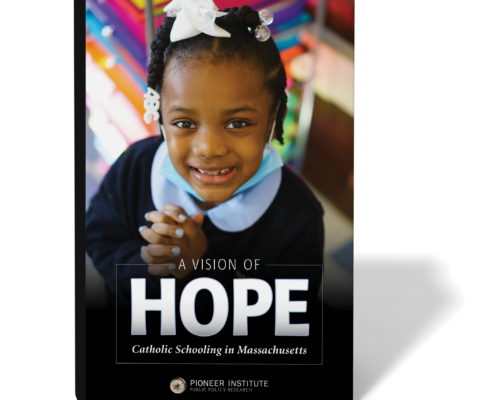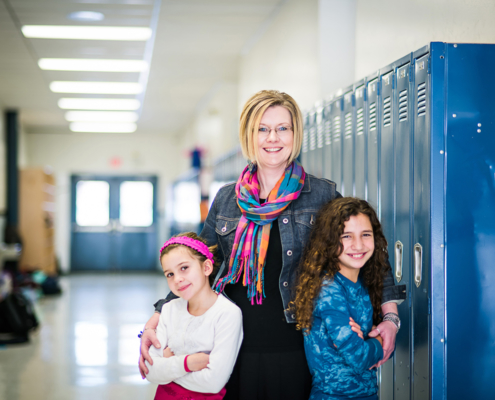State DPH Continues to Deny Private School Students Millions in School Nurse Services
State should establish a fund to provide partial support for health services for private and parochial schools
Media inquiries: Contact Jamie Gass, 617-723-2277 ext. 210 or jgass@pioneerinstitute.org
BOSTON – Private and parochial school students in Massachusetts have been denied well over $10 million in school nursing services to which they are entitled under state law, according to a new study published by Pioneer Institute.
In 1993, the state Department of Public Health (DPH) established the Essential School Health Services (ESHS) program, which provides competitive grants to local school districts. Since 2002, districts should have then allocated a proportional share of the grant to private and parochial schools within their boundaries, based on enrollment.
Video: Authors of New Pioneer Report Discuss Private and Parochial School Nursing in Massachusetts
“DPH’s defective administration of ESHS and its own funding formula have resulted in a serious injustice being done to thousands of private and parochial school students across Massachusetts,” said Father Thomas Olson, co-author of “Wise and Humane: Private School Nursing in Massachusetts.”
Father Olson and co-authors Sandra Velazquez and Kelli Randall found that in 2008, DPH required that private and parochial schools benefiting from ESHS grants have their own private school-funded nurse, something the vast majority of private and parochial schools can’t afford.
In November 2017, DPH cut private and parochial school ESHS allocations by 37 percent while holding harmless funding for public school students. DPH blamed the action on a minuscule $88,000 budget cut.
The authors also found that DPH allocates money to private and parochial schools that no longer exist and violates its own funding formula. By fiscal 2018, ESHS funding for 14 private and parochial schools was underfunded by between 18 and more than 70 percent.
State law says that private-school students are entitled to publicly funded health screenings. The Massachusetts Supreme Judicial Court held that the provision of publicly funded health services to private school students is essential to maintain public health and safety.
Research shows that school nurses significantly reduce absenteeism and finds a direct correlation between improved attendance and better education outcomes.
A 2014 study found that school nurses save more than twice what they cost by eliminating the need for outside-school medical care and increasing teacher and parent productivity.
To rectify the problem, the authors’ recommendations include administrative fixes to ESHS and establishing a publicly controlled fund. This would provide private and parochial schools at least partial redress for the accordant and unjustified losses in school-based healthcare they have sustained.
Rev. Thomas Olson is a priest of the Archdiocese of Boston who is currently assigned as Parochial Vicar of Gate of Heaven and St. Brigid Parishes in South Boston. Fr. Tom is a graduate of the College of the Holy Cross, St. Louis University, and Boston College.
Sandra J. Velazquez, RN, MS is a nurse practitioner who currently provides healthcare services to underserved children and adolescents in the Worcester Public School system. She is a graduate of Fitchburg State College and the University of Massachusetts Graduate Schools of Nursing at both Worcester and Amherst.
Kelli Randall, RN is a registered nurse who currently serves as the school nurse at Venerini Academy, a private Catholic school in Worcester. She is a graduate of Keene State College and the Massachusetts Bay Community College.
About Pioneer
Pioneer Institute is an independent, non-partisan, privately funded research organization that seeks to improve the quality of life in Massachusetts through civic discourse and intellectually rigorous, data-driven public policy solutions based on free market principles, individual liberty and responsibility, and the ideal of effective, limited and accountable government.
Get Updates on Our School Choice Research
Related Posts:


















